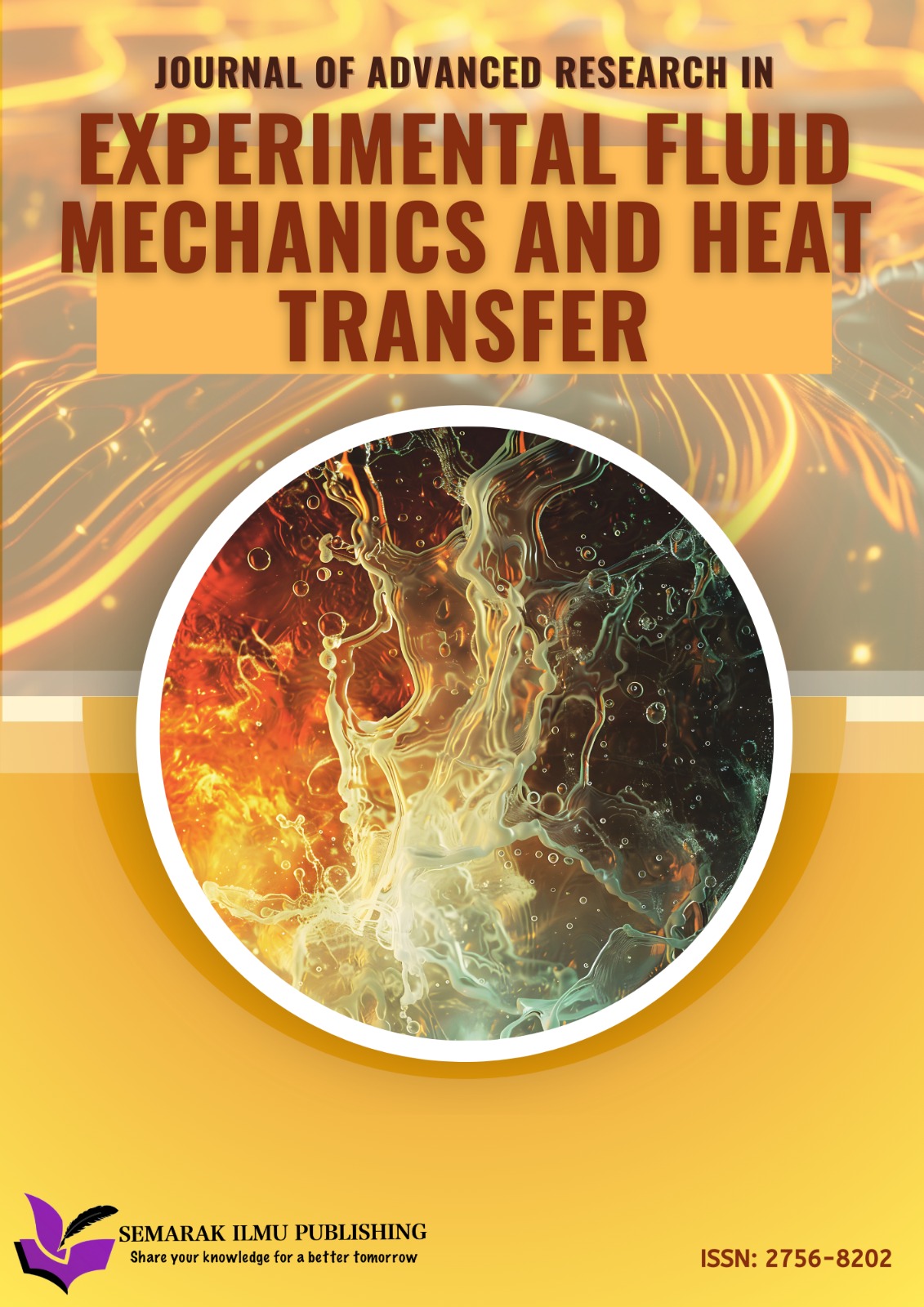The Influence of Carbonization Temperature and Heating Rate Towards Carbon Membrane Performance: A Review
Keywords:
Membrane fabrication, carbon membrane, carbonization, temperature and heating rateAbstract
Excellent performance of carbon-based membrane in gas separation applications outweighs their drawbacks of having costly fabrication process and membrane brittleness. Carbon membranes shows a promising potential in performing specific gas separation compared to current available separation technology that based on absorption of gas, adsorption or cryogenic mechanism. Carbonization are essential in converting polymeric-based membrane into carbon membrane, in which the membrane need to undergo thermal treatment prior fabrication of the carbon membrane. Concurrently, continuous generation of inert atmosphere helps to eliminate the oxidizing agents. Final pore structure and performance of carbon membrane are dependants on the condition of this process, and optimum condition of carbonization is one of the key factors to successful fabrication of high-performance carbon membrane. This work provides the insight of carbonization temperature and heating rate effects to the performance of carbon membrane.
Downloads


























